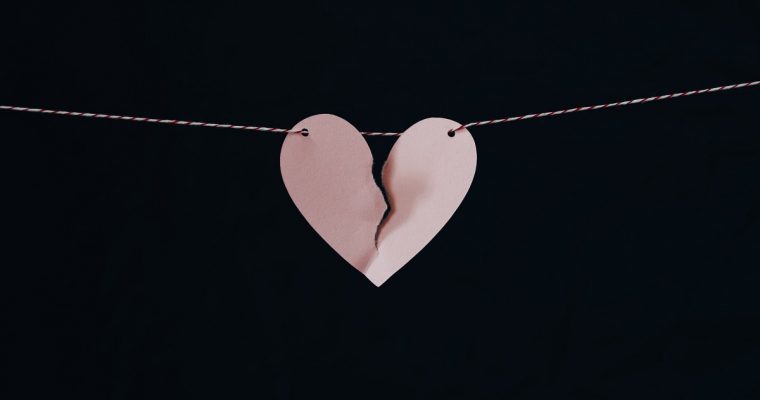It is human nature to try and fix problems, but there are
some things that can’t be made better.
In death, trying look on the bright side or fix
something is a tool lots of people reach towards when talking to someone who
has suffered a loss.
Whilst done with kindness in mind, it can have the reverse
effect. So, what do you say when someone
has died?
It all comes down to acknowledgement. The noun acknowledgement is defined as the “acceptance of the truth or existence of something.” Acknowledging a death is often the best medicine we have.
You could say something as simple as: “I heard that your husband died.” By using the word “died” you’ll show that you’re more open to talk about how the grieving person feels and follow it up with acknowledging how sad this is with “I’m so sorry that this is happening to you.”
You can ask how they are feeling today. The emotions of grief change rapidly and grief is a very individual experience, so try not to assume you know what they are going through or how they should be feeling at this point in time.
Often, saying “I don’t know what to say but I’m here for you”
shows that you are honest and care without judgement.
Someone’s pain and grief can’t be fixed or be made better,
but hearing their pain and acknowledging the hole lets the pain exist.
It is counter intuitive, but the way to help someone feel better is to let them be in pain. You can’t heal someone’s pain by trying to take it away from them. Your job is to be there – often in awkward silence – and listen.
I found that when my friend died, I needed to talk. I needed to retell what I had experienced and I continue to find comfort in talking about it.
I can now see that by talking about what happened has been a way to come to terms with it. It has taken time and a lot of patience from my friends and family but whilst it hasn’t fixed what happened – their acknowledgement has helped.
To find professional bereavement support in your area click here.






